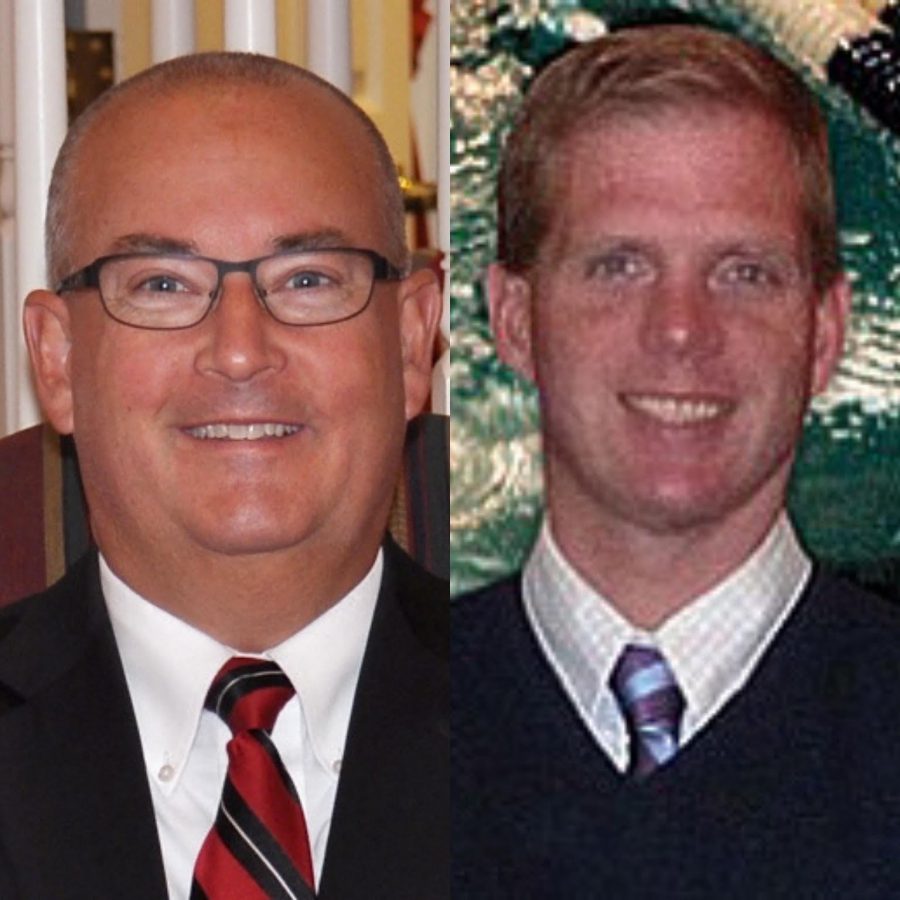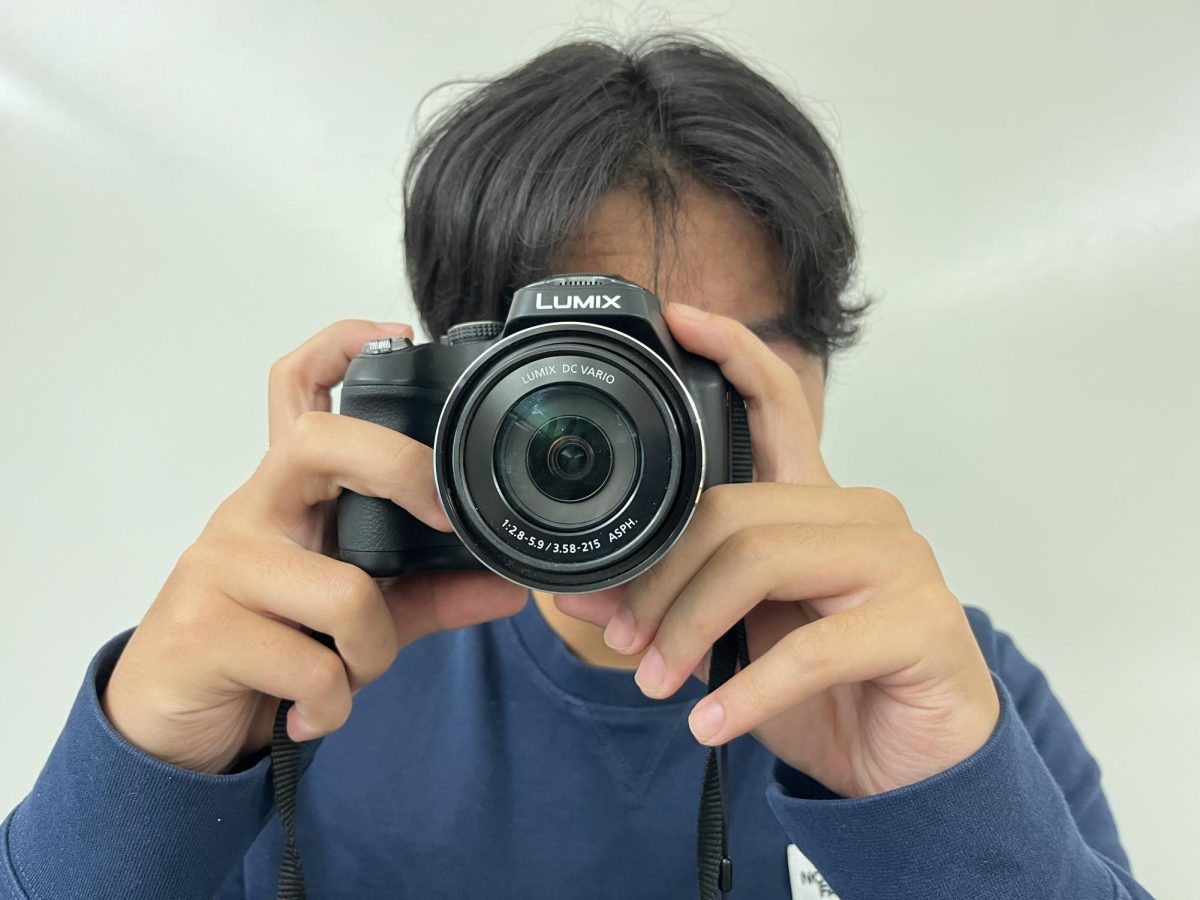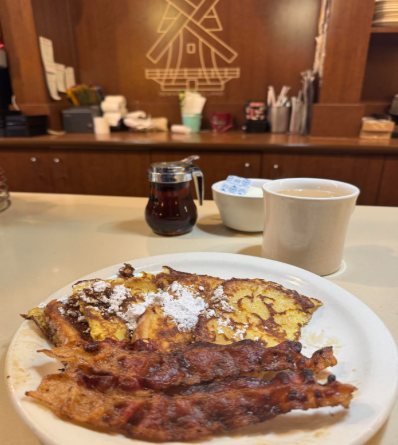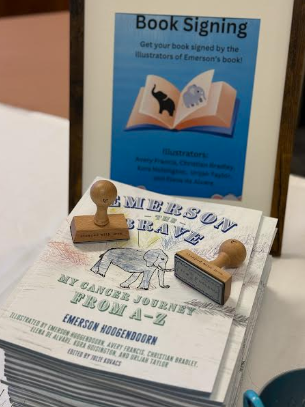“I like being in the middle of a situation that most run away from. Controlling the chaos.” Matt Hollebeek doesn’t have a normal nine-to-five job. As a mortician, his busy schedule is filled to the brim with work some may consider abnormal. Hollebeek and Dan Vredeveld shared what it’s like to be a mortician.
Matt Hollebeek
Hollebeek was born in 1964 into a family dedicated to serving others. His father worked as a minister and funeral director in the Milwaukee, Wisconsin region, and Hollebeek soon followed in his father’s footsteps. “I was born into it.” Hollebeek started to work at a funeral home at the age of 14. In the years to come, Hollebeek would soon become a third-generation funeral director, following his father’s and grandfather’s path.
Rather than being drawn into the business for money, Hollebeek described how he and most other morticians go into their careers as a calling. “I often say, I would do this job for free, but you would have to pay my wife a lot of money because it has a huge impact on her.”
Hollebeek’s day-to-day job is filled with uncertainty. Twenty-four hours a day, seven days a week, and 365 days a year, Hollebeek is on call. “We get called to a nursing home, hospital, private home all hours of the day. Some nights I go out to a nursing home at midnight or three AM, and then I have my regular workday the following day.”
During the day, Hollebeek’s busy job doesn’t let up. “We meet families to make arrangements and prepare the deceased through dressing and casketing. I also might work at a funeral service on-site or at a church, or even go to the cemetery or crematory.”
Hollebeek also works on preparing bodies for funeral services. “We push out the blood and replace it with fluid that sanitizes and brings back a natural skin tone as possible. Embalming is the process that makes this happen. We also “set” their features, meaning we close the mouth, eyes, make sure the face has a natural appearance.”
Hollebeek also stressed the importance of his community in his work. Just recently, Hollebeek drove eleven hours to Ohio to bring someone to another funeral home. This is Hollebeek’s vocation. “We sacrifice a lot of our own free time, missed family events, holidays, time off, in order to serve our community at a difficult time.”
Hollebeek mentioned how holding ceremonies that help families understand, accept, and appreciate the life of their loved one is integral to his career. To him, this is his purpose. “When a death occurs, most people shy away. Some have called us the last responder, similar to a first responder. We are always available, here to serve at a moment’s notice.”
Dan Vredeveld
Vredeveld was exposed to death at a young age. “When I was 8 years old, my sister Kim (7 years old) died of leukemia, so I was introduced to the funeral home setting at an early age.” Vredeveld knew he always wanted to help others through the medical field. Instead of helping people prior to death, he decided to help families after death occurs. Vredeveld knew as a freshman in high school he would become a mortician.
Vredeveld starts his day by meeting up with his fellow morticians to see what happened last night and plan for the day to come. “Maybe there is a funeral arrangement that needs to be made because of a death, maybe a family who wants to prearrange for a service in the future, or set up for a funeral that will be held that day.”
Vredeveld’s career means a lot to him. “People need to know we care and have feelings for each family we serve. Making arrangements with families can become very emotional. We take those feelings home with us. It is not just a nine-to-five job. We serve each family the same way we would want our own family treated.”
As a mortician, Vredeveld works to help families through one of the most difficult times of their lives. His work and the work of countless others seldom go noticed. Thomas Lynch, a poet and funeral director in central Michigan, once said, “In accompanying the dead, getting them where they need to go, we get where we need to be-to the edge of that oblivion and then return to life with the certain knowledge that life has changed.”







